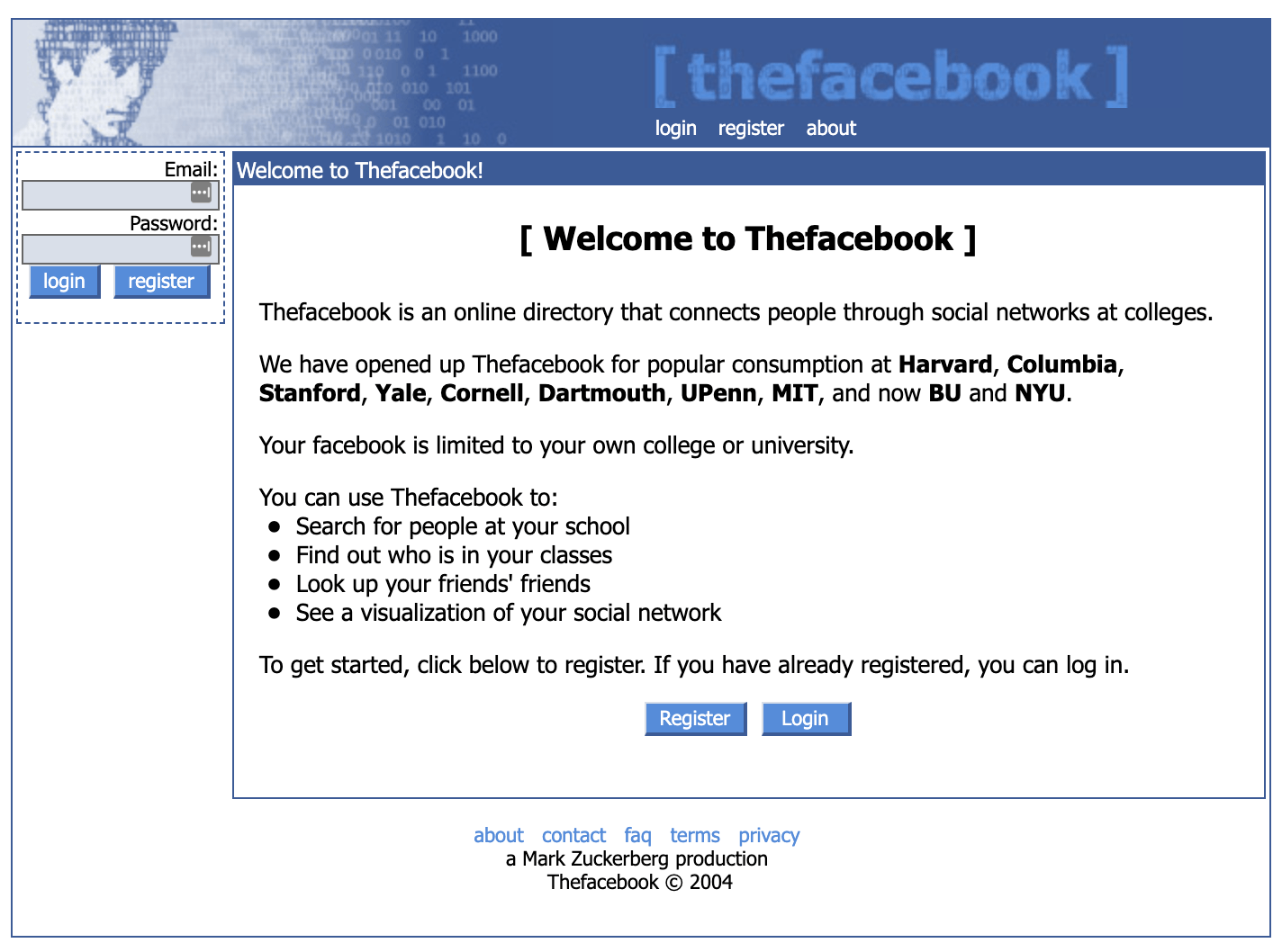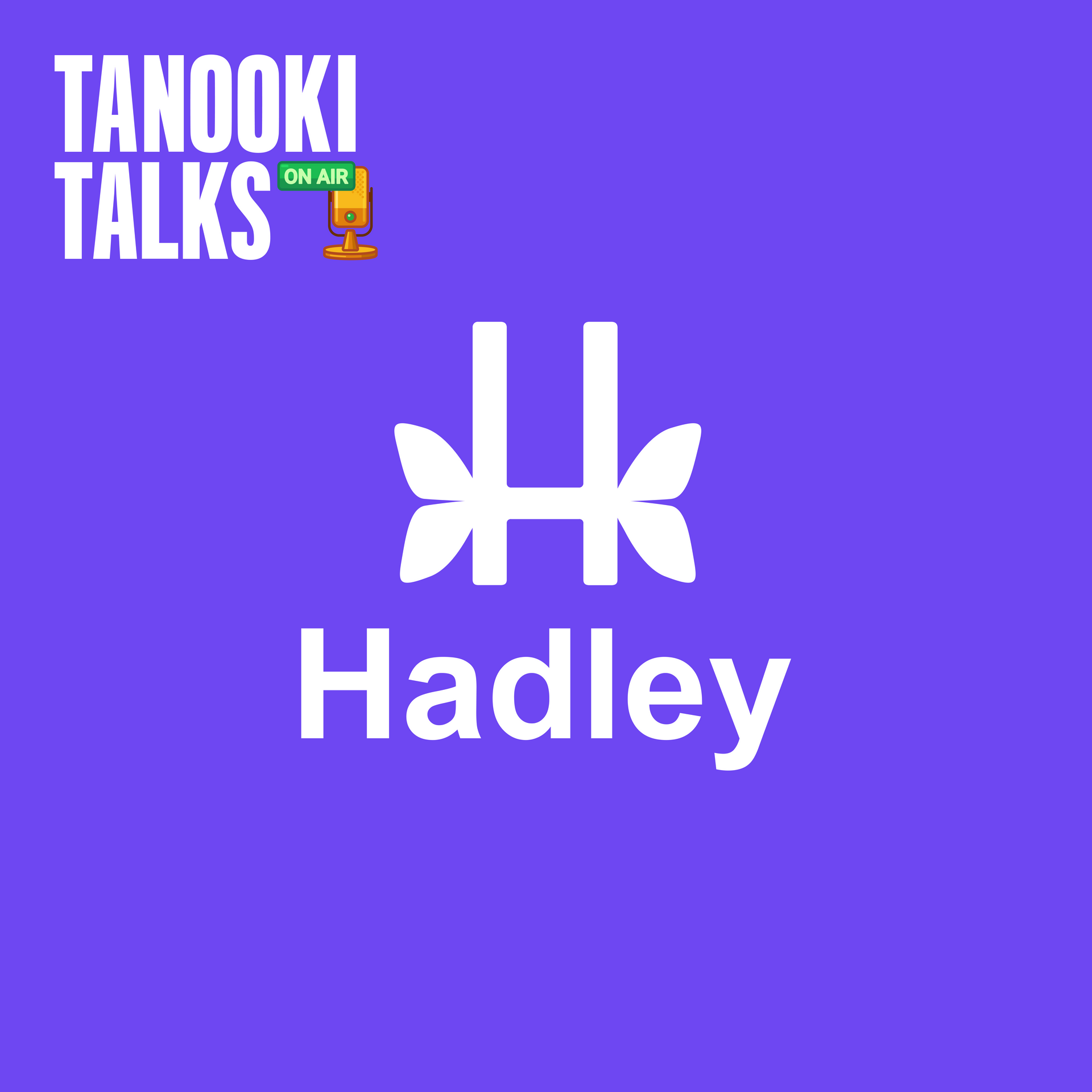Combating the Relentless Optimism of Technologists
How the optimistic nature of the early internet opened the door for weak product design and how to fix it.
The internet is a weird place. And its founders were weird people. Technologists who saw a place where open communications would lead to the best of the best ideas bubbling up and leading humanity to a new panacea. This feeling is most famously summed up in John Perry Barlow’s “ A Declaration of the Independence of Cyberspace ”.
We are creating a world that all may enter without privilege or prejudice accorded by race, economic power, military force, or station of birth.
We are creating a world where anyone, anywhere may express his or her beliefs, no matter how singular, without fear of being coerced into silence or conformity.
I don’t want to get into how bogged down this statement is with privilege (Barlow wrote this in Davos, Switzerland in 1996 ), but I do want to focus on the optimism that it expresses. The optimism that the Internet would be a place for one and all to gather and speak and move the human race forward.
I’m from that seemingly rarified slice of the generational pie, born in 1980, at the end of the Gen-Xers and just before the Millenials. Behind Barlow and before the YouTubers.
Pollsters and marketers have never really cared about our opinion (and believe me I know — I used to work for one ) but I think the “Oregon Trail Generation” and our elder Gen-X brothers, sisters and cousins are doing a pretty decent job of managing those few things we now have some modicum of control over. There’s a good reason for that — we’re the generation that saw the transfer of information and communication from offline to online. We remember a world pre-cell phone where you had to carry a quarter for emergencies or had to be able to pull off the “make a collect call and then in the space the telecom gave you to say your name instead say “I’mdonewithpracticeandreadytogetpickedup” trick.
I remember starting to download a picture, heading into the kitchen, making a sandwich and coming back to a still downloading jpeg. But even then we realized that this Internet thing was going to be huge. We thought it was going to be the best thing in the world for people. The ability to communicate and share ideas across the globe in real time was going to make the world a better place by spreading the best of those ideas and squashing the crazy. Exposing conspiracies and hate to the light would disinfect.
We really should have seen it coming.
Optimistic, I know.
Since then entire new industries have been born by the Internet, and almost every legacy industry has been disrupted by it. And we have seen the world shaped by the ability to communicate across borders with speed and openness we only dreamed about. But the light didn’t disinfect. In some cases the open communications that the Internet provided allowed fringe conspiracy and hate groups to find one another allowing their thoughts of “I must be the only one…” to turn into “We are legion!” As we, the technologists who created the websites and applications that allowed this to happen are at least partly to blame. Because of our optimism.
Our optimism and general belief in the goodness of mankind allowed us to build products without thinking through how they could be weaponized. How they could be turned against us and used to sow the seeds of hate and fear.Facebook is a wonderful example of this. A global communications platform to bring the entire world together for conversation and the sharing of ideas. I honestly believe that this is the intent behind Facebook. What the platform failed to do is predict that the network effect applies to those seeking to spread fear and hate and that the Facebook platform would provide the perfect mix of anonymity and familiarity to stoke those fears. Because the founders, engineers and other employees truly only saw the positive implications and didn’t take an adversarial view it’s been possible for various bad actors to turn Facebook into a weapon.
Thankfully, there’s a solution to this problem, and it’s one that we can all undertake. When creating a new product or platform we should take the time to think about how the decisions being made in the planning of the product can be used for good, and for ill. Think about the best, and the worst case scenarios for the usage of your product. We as humans generally don’t like to think of the things that we make as being used in a way counter to our desire, but the fact of the matter is that it may be. So think about it. Plan for it. And that way you just may avoid it.
Contact Us
Thanks so much for reaching out!
Someone from Tanooki Labs will be reaching out to you shortly to find a time to talk in the next few days.
In the meantime feel free to find out a little more about how we work with entrepreneurs to help bring their products to life.
Or, take a look at some of our capabilities and past projects.
Sorry, there was an error sending your message.
Please try again later.
All Rights Reserved • Tanooki Labs LLC




